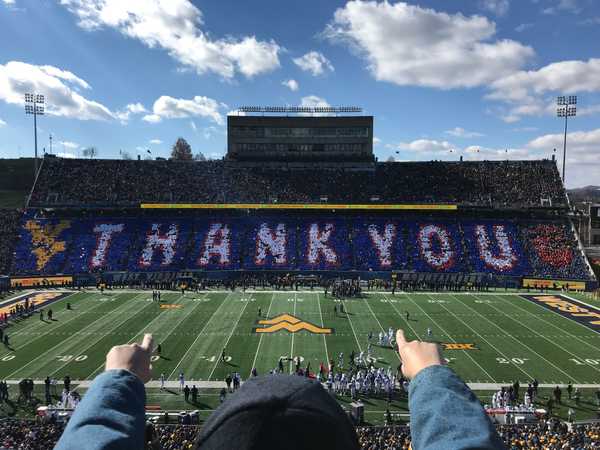While words may not always reflect the truth, they are powerful. Since words only have the meanings we allow them to have, they reflect who we are and what we believe. As a writer who not only writes for Odyssey but does creative writing in her free time, I can quite confidently say that words are weapons -- in the sense that they yield power and influence over people to such an extent that they can shape the way people see things or persuade people to change their behavior. This is not inherently a bad thing, but their power can scare people, since no one is immune to it, which is why the word "weapon" is traditionally used to describe powerful words; it invokes a negative image -- that of something used in defense ... or offense.
Like a weapon, a word is only as useful as your ability to use it well. When you use a word well (i.e., to the extent that the power behind the word is yielded fully and efficiently), you take into account both literal and connotative meanings of the word, the context it’s used in, the sound of it in relation to other words, the rhythm of the word in relation to the sentence it’s spoken in, the voice in which the word is spoken in, and so on and so forth. It’s a pretty big deal and it’s not easy to master. People whose power relies heavily on words, such as politicians, are trained specifically to master their use of words so that it’s the most effective for what they want.
Due to the influence that words can have on people, they are an amazing way to understand other people and their beliefs and values. In fact, the field of linguistics is dedicated to this practice of understanding others by their words and how they use them. The following is an insightful way to see the influence of words in our world:
In the past, jobs that were traditionally dominated by men were given job titles that reflected that domination such as policeman, businessman, etc. The same went for jobs dominated by women: air hostess/stewardess, etc. But during the feminist movement of the '60s and '70s, these words began to be more gender neutral, reflecting our change in society: police officer, business person, flight attendant.
On the flip side, existing words can also control how easily (or not) our society can change social perceptions. For example, certain words that did not have gender-specific titles in them, like doctor or nurse, but were still dominated by one gender, have retained the gender-specific connotation in our social psyche: When we hear of lawyer, we usually think of a man. This can make it more difficult for the opposite gender to assimilate into that field, seeing as we are predisposed to subconsciously assume they don’t belong there. In this way, words and their power are a two-way street: As society changes, words change to reflect society’s new values, but at the same time, society can have a hard time gaining new ways of thinking because the power of existing words has such a strong influence in how we see things.
Words can also reflect how we perceive history as well as our role in history. When we want to insult someone, their beliefs, or their customs, we call it "backwards," "medieval," and "primitive." These insults carry the implication that there is something inherently bad or wrong about the past. In contrast, our compliments tend to include words like "modern" and "progressive." The implication here is that there is something inherently good not only about the present but about the future (which hasn’t even happened yet). It suggests that our view of history is strongly based on this idea that history was a progression through time of civilizations that evolved from "bad" to "good." In fact, we see ourselves, in relation to history, as being part of that cycle when we assume that the future is going to be better than the present day, which is reflected in our usage of the word "forward-thinking" as a compliment.
We are all aware of the power of words. We use them daily in the context of speech or communication, and we’re careful to make sure they say what we want them to say. But it can still be very eye opening when we take the time to look at what they really say about us. So next time you write an essay or read a book, take the time to decipher the double meaning hidden in the word choices that you, and others, make.



















